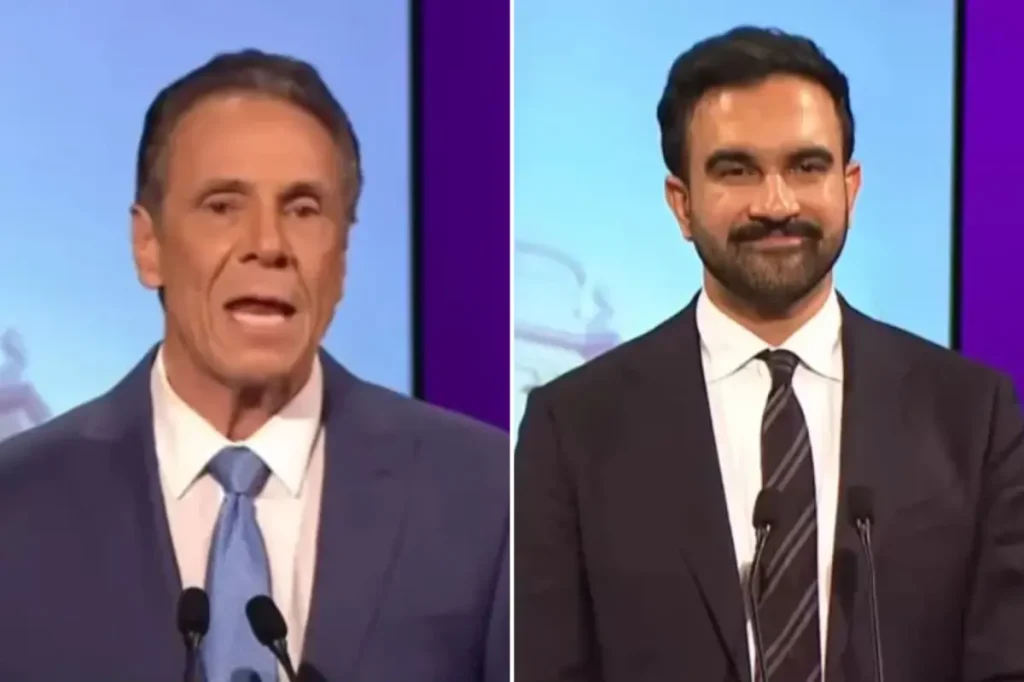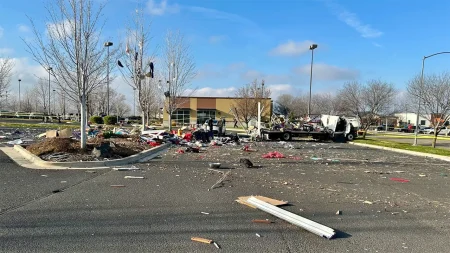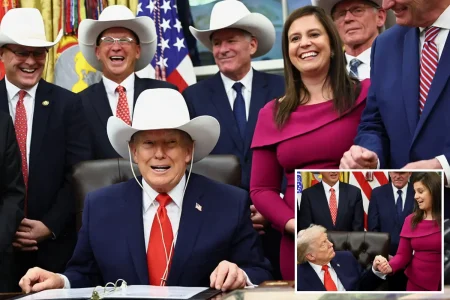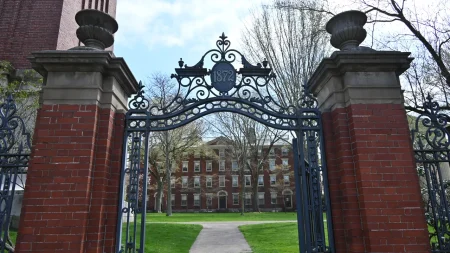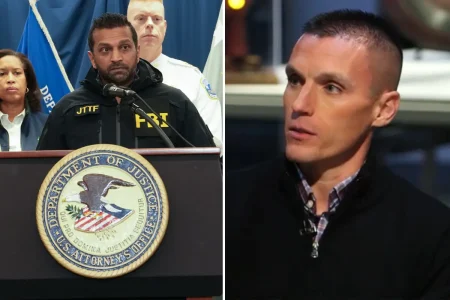Political Tension in the NYC Mayoral Race Highlights National Divide
In a heated exchange during Wednesday’s New York City mayoral debate, tensions between local politics and national implications took center stage as candidates discussed their potential relationships with former President Donald Trump. Andrew Cuomo, attempting to position himself as a pragmatic leader, suggested that Trump would knock Democratic front-runner Zohran Mamdani “on his tuckus” if Mamdani becomes mayor. This colorful language underscored the complex dance mayoral candidates must perform – maintaining independence while acknowledging the reality that New York City needs federal cooperation regardless of who occupies the White House. Cuomo emphasized the delicate balance required: being adversarial when necessary while cooperating to “get good things done in this city” with federal assistance.
The exchange quickly escalated when Mamdani fired back with a pointed accusation, calling Cuomo “Donald Trump’s puppet.” This accusation cuts to the heart of concerns among progressive voters about Cuomo’s political positioning. Mamdani asserted that Trump has publicly endorsed Cuomo for mayor not because it would benefit New Yorkers, but because it would advance Trump’s own interests. This charge reflects the broader national conversation about political independence versus alignment with powerful figures, particularly in a city that has historically positioned itself in opposition to Trump’s policies and rhetoric. For Mamdani, presenting himself as the true independent alternative appears to be a central campaign strategy.
Republican candidate Curtis Sliwa took a markedly different approach, acknowledging what he sees as political reality by stating that no one can “beat Trump” because the former president “holds most of the cards.” Sliwa criticized his opponents for trying to “bump chests with President Trump to prove who’s more macho,” suggesting that such confrontational posturing is counterproductive. Instead, he advocated for showing Trump “respect,” framing interactions with the former president as necessarily transactional – “always the art of the deal.” This perspective represents a pragmatic, if controversial, approach in a predominantly Democratic city where Trump remains deeply unpopular with many voters.
The debate exchange illuminates how deeply national politics has infiltrated local governance in America’s largest city. New York faces numerous critical challenges requiring federal partnership – from infrastructure funding to public housing, transportation, climate resilience, and public safety. Yet the mayoral candidates find themselves navigating a complex political landscape where their relationship with a polarizing national figure becomes a defining issue. This reality speaks to the erosion of traditional boundaries between local and national politics, as voters increasingly view local leaders through the lens of national partisan identities and allegiances. For New Yorkers watching the debate, the question becomes whether they prioritize ideological purity or pragmatic cooperation when it comes to securing federal resources.
These tensions reflect broader divisions within Democratic politics nationwide. The progressive wing, represented by Mamdani, pushes for bold opposition to Trump and his agenda, positioning themselves as the authentic voice of resistance. Meanwhile, more moderate Democrats like Cuomo argue for a nuanced approach that leaves room for necessary cooperation while maintaining core values. This internal party struggle plays out against the backdrop of Republican candidates like Sliwa who advocate for practical engagement with Trump’s potential administration. For voters, the choice represents not just differing policy perspectives but fundamentally different theories about how governance should work in a polarized era – through confrontation, cooperation, or some carefully calibrated balance.
As New York City prepares to select its next mayor, this debate moment crystallizes the challenges facing urban leadership in contemporary America. The next mayor must navigate relationships with federal leaders who may have vastly different priorities while remaining accountable to a diverse constituency with competing expectations. The exchange between Cuomo, Mamdani, and Sliwa offers voters contrasting visions of leadership: Cuomo’s pragmatic balance, Mamdani’s principled resistance, and Sliwa’s practical deference. As election day approaches, New Yorkers will decide which approach best serves their city’s interests in an era where local leadership increasingly cannot be separated from national political dynamics. Their choice will not only shape New York’s future but potentially offer insights into how Democratic strongholds nationwide might position themselves in relation to Trump and his political movement.




